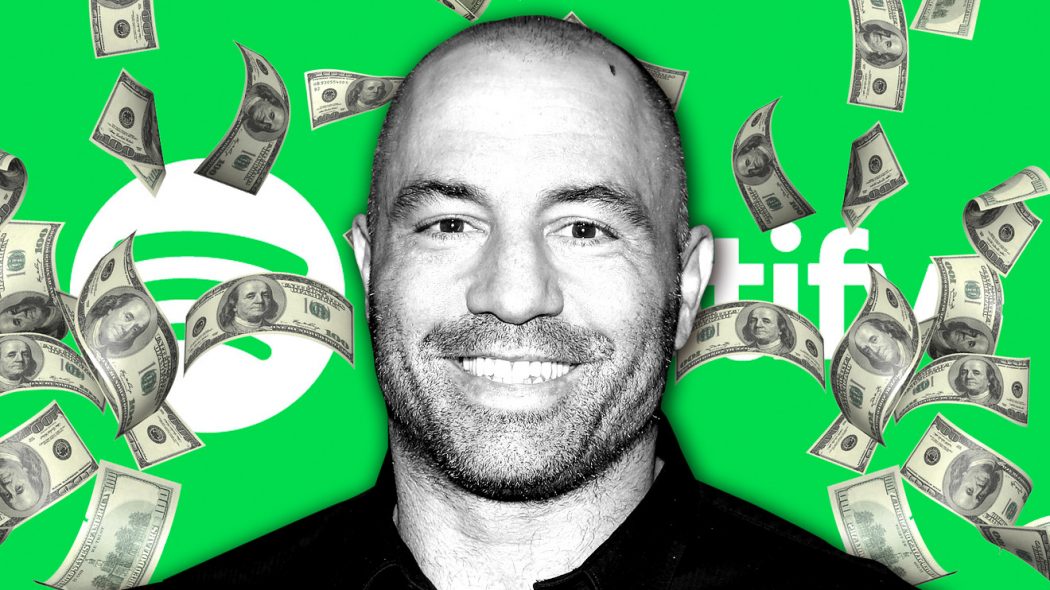Podcasts have been around since the early 2000s thanks to the advent of the Apple iPoddevice which revolutionized the way people consume audio media and gave content creators a platform to showcase their work. However, podcasts have become a part of the mainstream media in the last few years leading to the rise of popular stars such as Joe Rogan whose podcast, The Joe Rogan Experience was the most-streamed podcast last year. Large publications such as the New York Times and the Economist have doubled down on podcasts as part of their digital media strategies through daily shows and briefings on platforms such as Apple Music and Spotify. The ubiquity of smartphones has also led to the growing popularity of podcasts with users being able to conveniently tune in whilst on the go commuting to work, at the gym, or when unwinding at home.Today, Spotify, is aggressively betting on the growth of podcasts as a niche media. The music streaming app has been on an acquisition spree, buying companies along the podcast production value chain.
Recently announcing their fourth quarter earnings results, Spotify reported strong growth in key metrics such as monthly active users and paid subscribers, at 345 million and 155 million users respectively. Such growth has been fueled by the COVID-19 pandemic, with more people working and studying from home turning to the platform to discover new artists, listen to podcasts, and curate playlists for their loved ones. Podcasts have been a bright spot for the business with the platform hosting just above two million podcasts. In addition to their strong growth metrics, Spotify inked the largest exclusive streaming deal with Joe Rogan of The Joe Rogan Experience whose podcast topped the charts last year. According to the Wall Street Journal, Spotify has forked out $100-million to have the show exclusively on their platform with Rogan continuing to be in charge of content and the creative direction of the show. With this move, Spotify hopes to drive paying subscribers to its platform, poaching users from its rivals and converting non-paying users to subscribers. Following that deal, Spotify formed a partnership with the Duke and Duchess of Sussex’s production company, Archwell Audio. Under this new deal, the couple will deliver a podcast series exclusively on Spotify.
In addition to its licensing deals, Spotify has been acquiring a number of companies from those providing podcast production technology to smaller streaming apps. The standout deal has been the $340-million deal to buy the podcast networks Anchor and Gimlet. This is a testimony of their belief in providing more than just a music streaming service to its customers. Spotify says approximately 20 percent of Spotify listening is non-music, showing there is an insatiable demand for podcasts that can be tapped into. The acquisition of the sports and entertainment company The Ringer, which has been touted as the next ESPN, is probably the biggest deal undertaken so far. With The Ringer, Spotify is bringing to its catalogue close to 30 podcasts, including the popular Bill Simmons Podcast. This will allow Spotify to have an edge in content and programming as it prepares to gain a foothold in the podcast business.
There have been murmurs of discontent in some quarters, with critics arguing that the aggressive bet on podcasts might be futile as Spotify has not yet come up with an optimal monetization strategy. The two options available to them are the subscription and advertising revenue business models. The former could be more viable as advertisements will only disrupt the listening experience, making podcasts similar to radio. It remains to be seen how much listeners are willing to pay for the added benefit of having podcasts. If Spotify can crack the monetization conundrum, we could see the huge investment in podcasts paying off quite fast. Tune in to see how this niche form of media will continue to develop.








